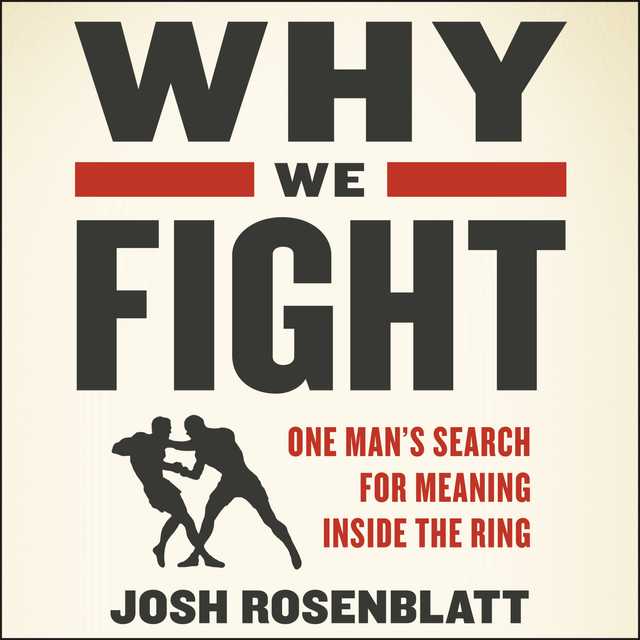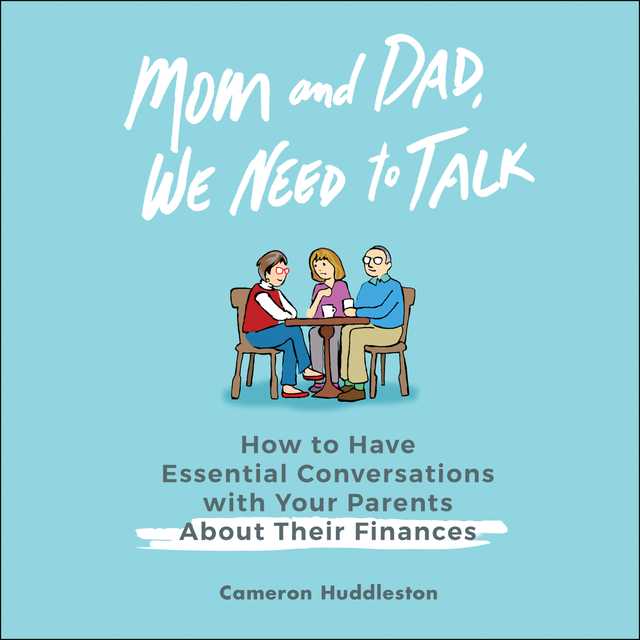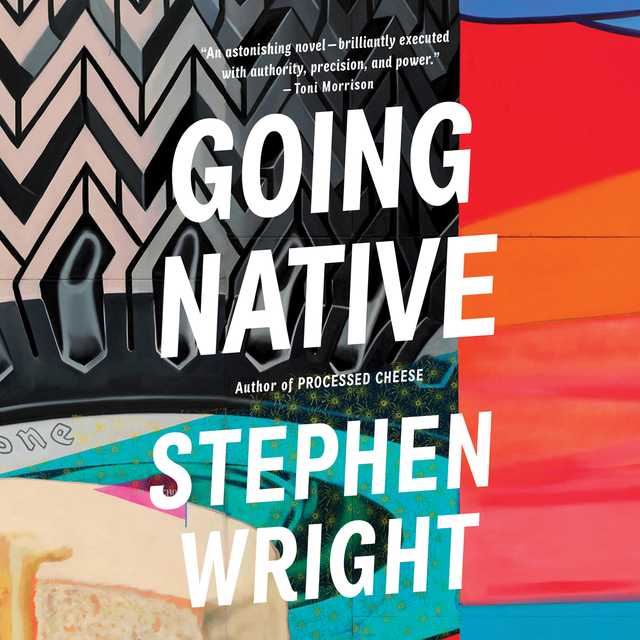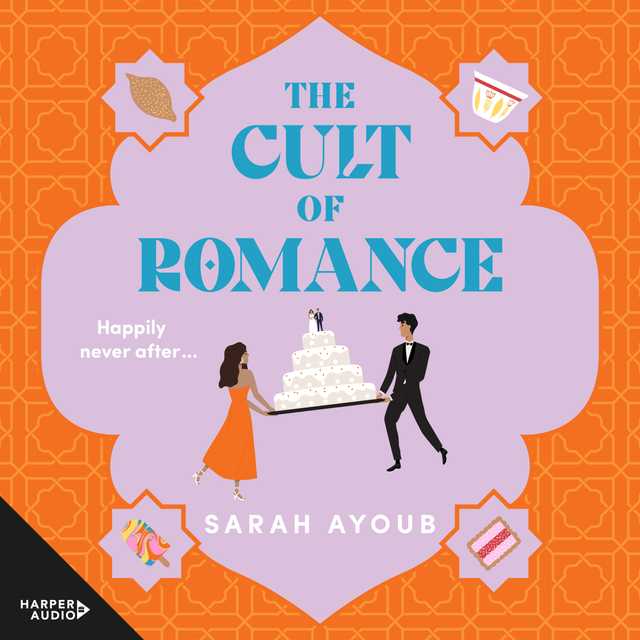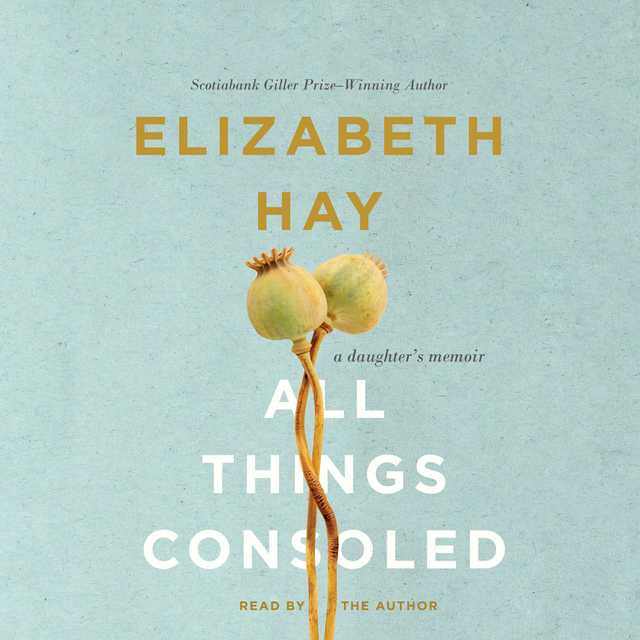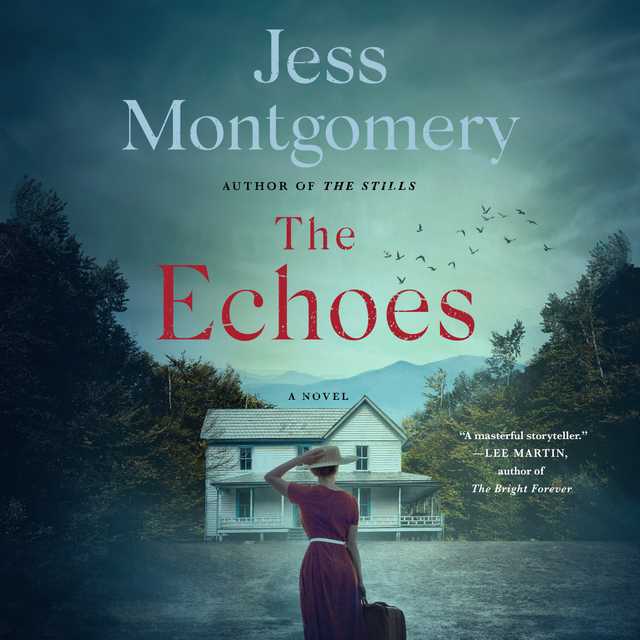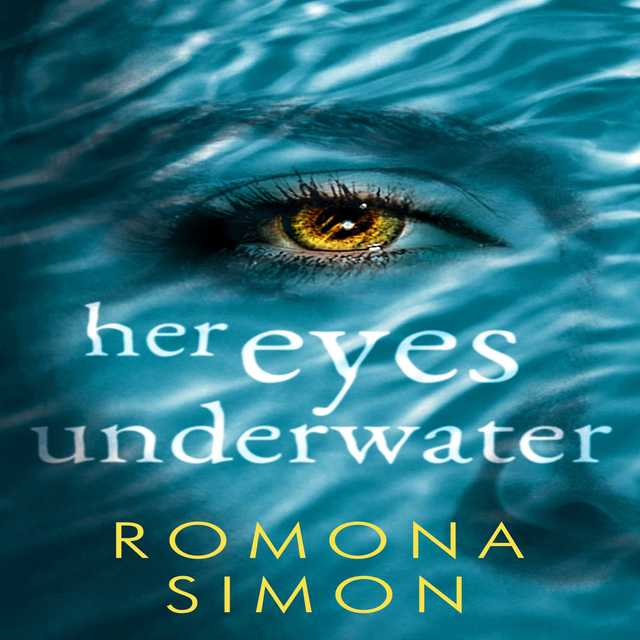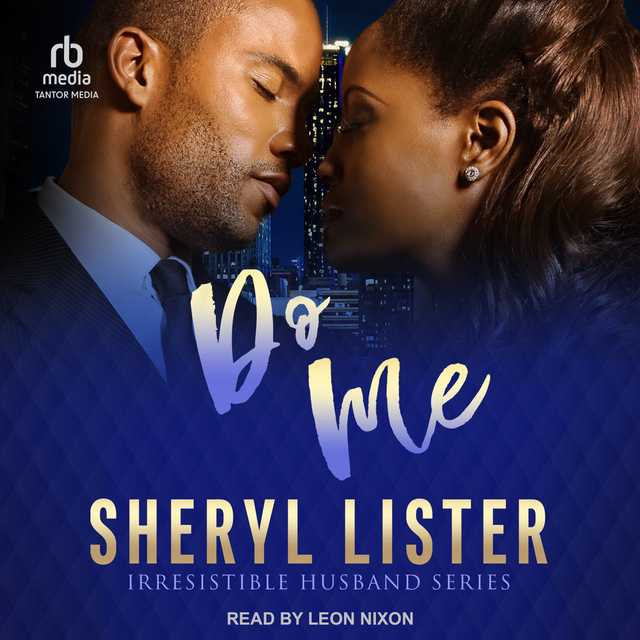Why We Fight Audiobook Summary
Finally, we can talk about Fight Club!
or,
A physical and philosophical mediation on why we are drawn to fight each other for sport, what happens to our bodies and brains when we do, and what it all means
Anyone with guts or madness in him can get hit by someone who knows how; it takes a different kind of madness, a more persistent kind, to stick around long enough to be one of the people who does the knowing.
Josh Rosenblatt was thirty-three years old when he first realized he wanted to fight. A lifelong pacifist with a philosopher’s hatred of violence and a dandy’s aversion to exercise, he drank to excess, smoked passionately, ate indifferently, and mocked physical activity that didn’t involve nudity. But deep down inside there was always some part of him that was attracted to the idea of fighting. So, after studying Muay Thai, Krav Maga, Brazilian jiu-jitsu, and boxing, he decided, at age forty, that it was finally time to fight his first–and only–mixed martial arts match: all in the name of experience and transcending ancient fears.
An insightful and moving rumination on the nature of fighting, Why We Fight takes us on his journey from the bleachers to the ring. Using his own training as an opportunity to understand how the sport illuminates basic human impulses, Rosenblatt weaves together cultural history, criticism, biology, and anthropology to understand what happens to the human body and mind when under attack, and to explore why he, a self-described “cowardly boy from the suburbs,” discovered so much meaning in putting his body, and others’, at risk.
From the psychology of fear to the physiology of pain, from Ukrainian shtetls to Brooklyn boxing gyms, from Lord Byron to George Plimpton, Why We Fight is a fierce inquiry into the abiding appeal of our most conflicted and controversial fixation, interwoven with a firsthand account of what happens when a mild-mannered intellectual decides to step into the ring for his first real showdown.
Other Top Audiobooks
Why We Fight Audiobook Narrator
Joe Knezevich is the narrator of Why We Fight audiobook that was written by Josh Rosenblatt
Josh Rosenblatt is a writer and journalist whose work has appeared in VICE, the Texas Observer, and the Austin Chronicle. Between 2012 and 2014 he was the editor-in-chief of Fightland, VICE Media’s mixed martial arts publication. Josh lives in Brooklyn with his wife, Katchen.
About the Author(s) of Why We Fight
Josh Rosenblatt is the author of Why We Fight
More From the Same
- Publisher : HarperAudio
- Abraham
- American Gods [TV Tie-In]
- Dead Ringer
- House of Sand and Fog
- Prey
Why We Fight Full Details
| Narrator | Joe Knezevich |
| Length | 6 hours 20 minutes |
| Author | Josh Rosenblatt |
| Category | |
| Publisher | HarperAudio |
| Release date | January 15, 2019 |
| ISBN | 9780062891686 |
Subjects
The publisher of the Why We Fight is HarperAudio. includes the following subjects: The BISAC Subject Code is Martial Arts & Self-Defense, Sports & Recreation
Additional info
The publisher of the Why We Fight is HarperAudio. The imprint is HarperAudio. It is supplied by HarperAudio. The ISBN-13 is 9780062891686.
Global Availability
This book is only available in the United States.
Goodreads Reviews
Kyle
September 23, 2020
Multiple moments during reading when I whispered "Hell yeah, dude" to myselfLick Review Sleeve: 6/10Front Cover: 5/10Random Page: 4/10
Nazrul
April 01, 2021
3.5 stars.It's a sport that has been around since the age of ancient Greeks: fighting. Why do we fight? Why do we seek out to destroy each other for reasons other than survival? Why do we use our bodies to hurt other bodies? Author Josh Rosenblatt resolved to find out for himself, as he trained day after day for a Mixed Martial Arts (MMA) fight due in 12 months.Fighting has been part of mankind since time immemorial, but to do it for reasons other than survival—sport, entertainment, enlightenment—is something that seem barbaric and irrational. Why do we fight? Personally, I don't like to engage in physical confrontations myself but I have to admit that it's exhilarating to watch people fight in the ring, and I can't explain why. Rosenblatt echoes the same sentiment, but he chooses to learn firsthand what is it about fighting that has enticed many people to get seriously hurt in the arena and enthralled millions of people all over the world.Rosenblatt treats 'Why We Fight' like a personal diary: it explores his deepest thoughts and feelings about the art of hand-to-hand combat, from its ancient to contemporary history, the different forms of combat, and the philosophical aspects of people beating each other up until one concedes or even dies. At the same time, it takes an intimate look into the author's life and how preparing for his big fight is a huge transformation that he chooses to take upon himself, a huge leap of faith from for a guy who refrained from physical violence, and has engaged only in hedonistic pursuits (drinking, being lazy). Why would he—or anyone, for that matter—take up MMA and sign up for a fight that would potentially be life-threatening? That's the crux of the book.It's interesting to see a fighter's point-of-view on what fighting means to him on a personal and even spiritual level. Some fight for the thrill, others fight for material gains. For Rosenblatt, and perhaps many others, he's doing it for existential reasons: to find purpose in life. Only when your life is threatened would you feel most alive, and that's exactly what the author learned for himself. The injuries he has sustained over the months, and the inner demons he had to faced are something that I don't get to read and hear from fighters, so it's very enlightening to read his thoughts in this book.But at times, I feel like Rosenblatt is perhaps being too philosophical. Too zealous. He's waxing lyrical profusely about his upcoming fight, and the whole concept of hand-to-hand combat. Some readers might feel that his writing is pretentious, more so when he's not a professional fighter (he's just doing it for himself; it was a one-off fight after all). So to see him writing so in-depth about fighting makes it feel like the book is a little self-important, albeit interesting.Fighting is not for everyone, but like Rosenblatt has found out for himself, it can be addictive. It's not farfetched to say that professional fighters might be masochistic to be enjoying beating people up in the arena, and sure, it's something that not everyone would understand. With 'Why We Fight', maybe you'd understand a thing or two about a fighter's psyche and mental processes before stepping into the ring. Pretentious or not, it's pretty informative and I hope I never have to go through the same experience he did just to have a rough idea on why people fight.
Nickolette
April 11, 2020
Dear Josh Rosenblatt, How are you doing under COVID? Fauci basically said we will never fight again, ha. Warning: This is the cliché fan letter. I picked up your book during the lockdown just to maintain me throughout the drought. This is before UFC 249 got cancelled, even before Khabib pulled off. So, there were still things to look forward to. Getting fatter by the day, I took up running again and this was my time to listen to Why We Fight. It is a good combo. Gets me going. The mind wonders off and let uncontrolled it goes to weird places in these solitary, will testing activities. It was a treat to wonder off, this time, with someone else’s streams of consciousness. Familiar in many ways; in some a bit more troubled than my own (in relation to violence for instance), nicely developed and often funny streams. Thank you for sharing the unflattering bits. And then on Friday, they called me. (Here is the cliché.) https://slpssm.blogspot.com/2020/04/w...
Richard
March 27, 2019
Josh Rosenblatt’s “Why We Fight: One Man’s Search for Meaning Inside the Ring,” is one of the better fight books I’ve come across. Rosenblatt decided he wanted to fight at age 33. He had a lot of past he wanted to work through, and his present of living the good life was far from fulfilling. He spent seven years preparing for his debut bout, studying various forms, and deciding it was mixed martial arts that would test him in the way he wanted. He was looking for maximum brutality. He got his first and only fight at age 40.Rosenblatt’s writing strategy is also a maximum effort. He tells us about himself, his motivations and psychology, gives us a history of martial arts, and anecdotes galore. His wide open account of the terror of the ring is beautifully written. There’s a heavy dose of barroom philosophizing about humanity, manhood, and transcendence through physical violence, but only a few pages where the prose goes too purple, and I skipped those without missing a beat of narrative.Fascinating from a fight perspective is his respect for the sweet science. He writes beautifully about his coach, his training, and his sparring practice. It turns out that it’s boxing that wins his first match for him, and he waxes poetic about the beauty of the jab, and the extreme efficiency of the jab – jab – cross combination. It’s all here, desire and motivation, training, self-doubt, build up, fight and victory, followed by let-down, depression, and back to the gym. Rosenblatt ends the book wondering whether he’s going to retire after one fight, or fight on.This is a good read for fight fans, I don’t know about civilians.
Adam
June 03, 2019
Perhaps because I find myself in a similar situation to Josh, perhaps the mesh of writer and wanna-be fighter in the flush of his 40s vigour, perhaps its the blend of biblical and melancholic, but this book really got me. Its literary soul-searching is likely not for everyone. It certainly takes the roundabout route to explain why we fight, eventually concluding that "life is fighting to the point of incapacity and humiliation and shame, and beyond. Life is glorious failure". I'm not sure if that would be a sufficient answer to the reader searching for a rational answer to the question, but not does Josh claim to deliver that scientific rigour. Indeed, the science emerges throughout to be discounted in favour of the biblical, the menacing primal that lurks beneath it all. And I loved that.There's a lot to like about this book in its honesty, in its attempt to encapsulate the struggle which stretches out 10 years into the past. And even further into what Josh describes as a dissolute life. It spoke to me. It won't necessarily speak to many, but perhaps it might. Understanding how a civilised writer might turn his hand to MMA is a story worth telling, and even better when told by the fighter himself with all of the poetry that seems to emerge from the ring. The cruel juxtaposition. The living that emerges from such proximity to death. There is no idealistic fantasy here, not pretence at chivalry or honour. It's brutal and it's glorious and it's lyrical all at once.I loved it.
Anthony
May 18, 2020
3.7. That's what I'd rate this book. So why do we fight? Even after reading the book, I'm not certain. But the author, a writer turned martial arts decides to find out by signing up for a single official MMA fight in the cage. This book follows his journey of what ensues beforehand. He attempts to find meaning in what it means to go on a path of "self-destruction" to engage in one of the most "archaic behaviors" that still continues to exist in our modern society. The book is a marriage between the brutal simplicity of fighting in its essence and the philosophies behind it to find out what it really means at the end of the day. Being someone with a history of combat sports, there were parts that I could definitely relate to. However, there were others that really made you think about it. What does it mean to get into a ring with someone, where their goal is to inflict damage on you? Unlike wrestling, judo,etc. this is a fight, where even more so than not your life and will are both on the line. I'd definitely recommend it to martial artists as I think they'd really be able to consider the information from a personal perspective.
Scott
August 20, 2020
An excellent book. I've been taking and teaching various martial arts for over 30 years, and I've often reflected on what you learn about yourself when you face someone else in combat (even sporting combat); Rosenblatt vocalizes many of things I've had floating around in my head for years, everything from the personal discoveries of training in martial arts to the feeling I had, as a Jew who is a trained fighter in the post-Charlottesville era. Written with clarity and honesty, I think everyone who has ever fight trained will find echoes of their own thoughts.
Theo
April 19, 2021
Full five stars.. This book was fantastic and I couldn't put it down!It's the account of someone who decided to take up combat sports relatively late in life. If you've got a passing interest in mixed martial arts you'll get something out of it, but it's definitely geared towards those more fascinated by the meaning behind fighting with a specific ruleset (hence the title).It's well-researched too, the kind of book that's worth acquiring your own personal copy rather than borrowing someone elses (I know I'll be reading this again).
Boris
June 12, 2020
I liked what he said. I am not sure about the human nature of fighting and some bolder claims, but the man really did the research. Not to mention the sacrifice he took to get really deep into the matter. I for one love fighting sports, and see his point, but this book is useful for others that don't really enjoy this type of sport.
Aaron
April 30, 2019
I was worried this book would be too macho for me, but this isn't a book about masculine bravado. It's the opposite. It's a story of vulnerability, fear, self-knowledge, legacies, Jewishness, pain, and what it means to be alive with a brain and a body. It reads incredibly quickly, yet is lapidary throughout. I haven't underlined this much since reading Maggie Nelson's The Argonauts.
Joel
January 27, 2019
I don't like boxing or mma, but I really liked this book. Josh's writing style is great and it's a pleasure to read someone writing well about something he loves
N
June 04, 2019
ClippingsA thousand beatings would have been better. In the Book of Revelation, God condemns cowards to spend eternity in a lake of fire alongside the “unbelieving and the abominable, and murderers and whoremongers and sorcerers and idolaters, and all liars.” In Dante’s Inferno, cowardly souls are so universally loathed, they aren’t even allowed into hell. They have to hover for eternity at its gates, barred from crossing the River Acheron, allowed neither in nor out, condemned for the sin of having no conviction, of living without “infamy or praise,” of never really having been alive at all. “These of death no hope may entertain,” Virgil tells Dante, urging him past the lowly band with their lamentations and moans, “and their blind life so meanly passes that all other lots they envy. Fame of them the world hath none, nor suffer. Mercy and Justice scorn them both.” Cowardice drains the life out of human beings; it turns them into shadows and makes them contemptible and hateful, something we turn away from instinctually.John Marcher, the protagonist of Henry James’s “The Beast in the Jungle,” spends his entire life waiting for the arrival of the catastrophe he’s convinced he’s fated to experience, only to discover in the end that the calamity he was doomed to suffer was the realization that he’d wasted his life waiting for it. The Beast had lurked indeed, and the Beast, at its hour, had sprung.An active amygdala under stress stimulates a region of the brain stem called the locus ceruleus to send noradrenaline to the prefrontal cortex, which becomes more active and focused.Without alcohol life ceases to be stimulating or enjoyable. The glimmer is gone. Sufferers drink now not to get high but merely to feel normal. Some neuroscientists call this the “transition to the dark side.”Boxers in Ancient Greece practiced sexual abstinence and extreme self-control, believing sperm was a source of masculinity and strength and not to be tossed away frivolously. Before fights, a boxer would tie up the foreskin of his penis with a small piece of string called a kynodesme to prove his restraint. Kleitomachos, a Theban fighter who won the boxing competition at the 216 and 212 BCE Olympic Games, was famous for his devotion to asceticism and sexual abstinence. Legend has it that he would refuse to participate in conversations about sex and even turned his head away when he saw dogs mating. Kynodesme is the Greek word for a dog’s leash.Another side effect of all that dopamine and norepinephrine is the distortion of time called tachypsychia, from the Greek for “fast consciousness.” The mind is moving so quickly, the outside world slows down.And all it took to wake it up was a willingness to risk the destruction of the body—to discover the soul through the body, like Walt Whitman! For the first time in my life I felt entirely undiminished and unchecked, unmitigated, untouched, beyond the reach of anxiety and self-awareness and even my own poisonous psychic influence to mar. Behold, the body includes and is the meaning, the main concern, and includes and is the soul.Pankration, the ancient precursor to modern-day mixed martial arts, took its name from the Greek word for “all powers.” With its blend of boxing and wrestling, pankration was the toughest sport in a brutal age. Fights ended when one fighter surrendered, lost consciousness, or died. During one match in 564 BCE, champion Arrhachion of Philgaleia got caught in a chokehold and was about to slip into unconsciousness when he managed to wrench his opponent’s left ankle out of its socket. The pain was too much for Arrhachion’s opponent and he submitted. By the time the referee pulled Arrhachion from the chokehold, however, the champion was dead. The victory crown was placed on his corpse.
Joseph
August 20, 2020
Many moons ago, founder of "The Paris Review" George Plimpton decided that the best way to write about boxing was to get into the ring with a great boxer named Archie Moore (who, thankfully, wasn't a one-punch KO artist). Archie "the Old Mongoose" Moore peppered Mr. Plimpton with his jab and straightened him with crosses. According to the story, sometime after his sparring session, George Plimpton was walking around with blood from the fight still on his shirt, when the writer James Baldwin saw him. James noted the blood, asked, "Is that black blood or white blood?""Blue blood," Plimpton replied. Author Josh Rosenblatt's blood is not blue, but rather (by his own estimation) the blood of a neurotic, if not an outright coward. One day he sees a mixed martial arts fight on television, and is fascinated and yet repulsed by his fascination. His interest (carefully hidden from his well-educated friends and wife) sheds into obsession and he sneaks off to a live show in Texas to watch two nondescript young men pummel each other senseless. Somewhere along the line he gets the idea to train and engage in a professional mixed martial arts fight himself."Why we Fight," is the chronicle of his journey, from a rank amateur to a ranked fighter (albeit admittedly ranked somewhere near the bottom of the 150 registered welterweights in his region). Along the way he marshals mythology, literature, science, and anecdotes from his own life to try to answer the question posed in the title of his book. Why do we fight?His attempts to answer the question yield some true insights, perhaps some wisdom, and several stretches of truly brilliant writing. The portions on ageing, of being on the cusp of middle-age and both envying and hating his younger opponents, were especially stellar. Sometimes, though, the aforementioned neuroses can be a bit grating (he confesses to a desire to do bodily harm to gentiles to avenge historical grievances too many times), and at his weakest he can be a bit of a sophist and a soapboxer. But overall the book is worth your time, if you are interested in combat sports, masculinity, immersive journalism, or simply top flight writing. Recommended.
Guilherme
April 24, 2019
Dá vontade de nocautear alguém ainda nesta vida.
Okke
October 24, 2019
Great book! I liked the insight into the mind of a fighter, and also some cool life tips along the way. Living in the moment, coming face to face with mortality, really living.
Frequently asked questions
Listening to audiobooks not only easy, it is also very convenient. You can listen to audiobooks on almost every device. From your laptop to your smart phone or even a smart speaker like Apple HomePod or even Alexa. Here’s how you can get started listening to audiobooks.
- 1. Download your favorite audiobook app such as Speechify.
- 2. Sign up for an account.
- 3. Browse the library for the best audiobooks and select the first one for free
- 4. Download the audiobook file to your device
- 5. Open the Speechify audiobook app and select the audiobook you want to listen to.
- 6. Adjust the playback speed and other settings to your preference.
- 7. Press play and enjoy!
While you can listen to the bestsellers on almost any device, and preferences may vary, generally smart phones are offer the most convenience factor. You could be working out, grocery shopping, or even watching your dog in the dog park on a Saturday morning.
However, most audiobook apps work across multiple devices so you can pick up that riveting new Stephen King book you started at the dog park, back on your laptop when you get back home.
Speechify is one of the best apps for audiobooks. The pricing structure is the most competitive in the market and the app is easy to use. It features the best sellers and award winning authors. Listen to your favorite books or discover new ones and listen to real voice actors read to you. Getting started is easy, the first book is free.
Research showcasing the brain health benefits of reading on a regular basis is wide-ranging and undeniable. However, research comparing the benefits of reading vs listening is much more sparse. According to professor of psychology and author Dr. Kristen Willeumier, though, there is good reason to believe that the reading experience provided by audiobooks offers many of the same brain benefits as reading a physical book.
Audiobooks are recordings of books that are read aloud by a professional voice actor. The recordings are typically available for purchase and download in digital formats such as MP3, WMA, or AAC. They can also be streamed from online services like Speechify, Audible, AppleBooks, or Spotify.
You simply download the app onto your smart phone, create your account, and in Speechify, you can choose your first book, from our vast library of best-sellers and classics, to read for free.
Audiobooks, like real books can add up over time. Here’s where you can listen to audiobooks for free. Speechify let’s you read your first best seller for free. Apart from that, we have a vast selection of free audiobooks that you can enjoy. Get the same rich experience no matter if the book was free or not.
It depends. Yes, there are free audiobooks and paid audiobooks. Speechify offers a blend of both!
It varies. The easiest way depends on a few things. The app and service you use, which device, and platform. Speechify is the easiest way to listen to audiobooks. Downloading the app is quick. It is not a large app and does not eat up space on your iPhone or Android device.
Listening to audiobooks on your smart phone, with Speechify, is the easiest way to listen to audiobooks.

